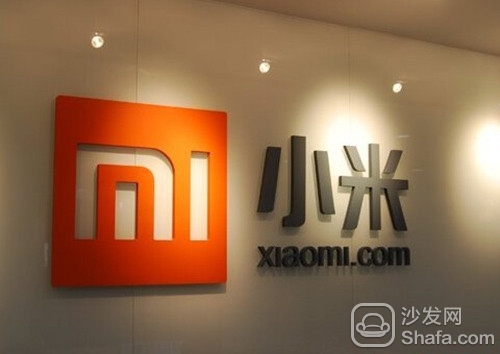According to sources, millet smartphone makers in the Mainland are desperate to abandon Hong Kong and go to the United States for listing. They believe that the United States is more suitable for listing companies than Shenzhen and Hong Kong.
Reported on February 9th, the Economic Daily quoted Xiaomi sources as saying: “Deep SDB invited us all to go to the (city), but due to our VIE structure (agreement control structure) and the limited market value of the Shenzhen GEM, we failed to achieve success. Hong Kong does not accept different ownership structures, and there are fewer transactions. The United States is more suitable for us."
Millet shares the same rights as Ali. "We are destined to go overseas and only go to the United States."
Lei Jun said in an exclusive interview with the newspaper in November last year that after being listed, he was subject to financial reports and Xiaomi Investment could not be “expensive†and was not expected to be listed within 5 years.
When interviewed by Xiaomi’s spokesperson, Lei Jun’s statement was reiterated.
However, Xiaomi sources said that Alibaba listed in Hong Kong for the first time, highlighting Hong Kong's two major restrictions on the attraction of the company's IPO. One is the same principle of the same rights, and the other is that Hong Kong's stock trading is not a climate.
Ali, who insisted on the partner system, gave up Hong Kong's listing in New York last year, setting a record of $25 billion in IPO funding. Since the listing, the average daily turnover has reached $2.66 billion, which is about 7 times that of Tencent.
At the end of November last year, the Hong Kong Stock Exchange completed the first-phase consultation on different shareholding structures. It is reviewing the responses from various sectors and is determined by the Listing Committee. If it is determined that there is a need for amendments in the market, the HKEx will initiate a second-round consultation and propose a plan.
Xiaomi currently adopts a different equity structure. The founder team holds dominant voting rights.
Xiaomi has never completely disclosed its partnership structure, but according to an announcement made by Xiaomi at the end of last year, Lei Jun holds 77.8% of Xiaomi Technology.
Some analysts believe that if Hong Kong revise the relevant regulations, Hong Kong and New York may be able to compete for the listing of Xiaomi. Otherwise, it may be necessary to "fix the loser."
Some investment bankers pointed out that Hong Kong Ke Net shares had a significant fault, and the stocks of the mid-cap stocks were extremely lacking. It was difficult to attract investors who focused on the Investment Network, and the United States was different. “There are Ali and JD. From the top The lower echelon is complete."
Recommended installation sofa butler, download address: http://app.shafa.com/

